A New Beginning: Couples Rehabs’ Comprehensive Addiction Treatment
In a society where addiction often isolates individuals, the concept of couples rehab is a beacon of hope. The intertwining journeys of two individuals on the path to recovery can lead to a shared sense of understanding, support, and healing. Couples Rehabs has emerged as a pioneer in providing comprehensive addiction treatment that not only focuses on individual recovery but also nurtures the relationship dynamics, offering a holistic approach to healing. In this article, we will delve into the transformative programs offered by Couples Rehabs and explore the profound impact of navigating addiction treatment together.
Couples Rehabs Services 888-325-2454
Turning the Page: Couples Rehabs’ Comprehensive Approach to Addiction Treatment
Addiction can indeed cast a shadow over individuals and their relationships, impacting every aspect of their lives. At Couples Rehabs in Orange County, we understand the complexity of addiction and its profound effects on relationships. That’s why we’ve developed a comprehensive approach to addiction treatment that goes beyond conventional methods. By providing specialized couples addiction treatment programs, we address the unique challenges that couples face when battling addiction together, fostering healing and recovery in both individuals and their relationships.
Our program is designed to address the unique needs of each individual and the dynamics of the couple. We offer a wide array of therapies and treatments, ranging from evidence-based practices to innovative therapeutic modalities. This comprehensive approach ensures that every aspect of addiction is addressed, from the physical dependence to the underlying psychological and emotional factors.
One of the key components of our program is personalized treatment planning. We recognize that no two individuals or couples are alike, and therefore, their treatment should be tailored to their specific needs. Our experienced team of therapists and counselors works closely with each couple to develop a treatment plan that addresses their unique challenges and goals.
A New Beginning with Couples Rehabs’ Holistic Recovery Programs
At Couples Rehabs, we understand that the journey to recovery is a deeply transformative process that extends beyond mere abstinence from substances. It involves a holistic approach that addresses the mind, body, and spirit, recognizing the interconnectedness of these aspects in the recovery journey.
- Holistic recovery programs are designed to address the multifaceted nature of addiction, addressing not only its physical manifestations but also its emotional and psychological ramifications. Through a variety of holistic modalities such as mindfulness practices, yoga, meditation, and nutritional therapy, individuals and couples are guided on a journey of self-discovery and inner healing.
- Mindfulness practices, such as meditation and deep breathing exercises, help individuals cultivate present-moment awareness and develop coping skills to manage cravings and triggers. Yoga, with its emphasis on breathwork and movement, promotes physical well-being while also fostering emotional balance and stress reduction.
- Nutritional therapy plays a crucial role in supporting overall health and well-being during the recovery process. A balanced diet rich in essential nutrients can help repair the body’s systems damaged by addiction and improve mood stability and energy levels.
By embracing change at a fundamental level and addressing the underlying issues contributing to addiction, participants in our holistic recovery programs lay the groundwork for a new beginning filled with hope and possibility. Our goal is to empower individuals and couples to reclaim their lives, cultivate resilience, and create a future filled with health, happiness, and fulfillment.

Comprehensive Care for Couples
One of the defining features of Couples Rehabs is its emphasis on navigating addiction treatment as a couple. The intertwining of two paths to recovery presents a unique opportunity for mutual support and growth. Through couples therapy, communication workshops, and experiential activities, Couples Rehabs cultivates an environment where partners can rebuild trust, enhance intimacy, and develop healthy relational patterns. This comprehensive care not only fosters individual healing but also strengthens the foundation of the relationship, laying the groundwork for a brighter future together.
Transformative Approach to Addiction Recovery
At Couples Rehabs, we believe that addiction recovery is a transformative journey that extends far beyond the confines of a treatment facility. Our approach is centered around empowering individuals and couples with the tools they need to navigate life’s challenges both during and after rehab.
One of the key components of our transformative approach is our focus on relapse prevention strategies. We understand that the journey to recovery is not always linear, and individuals may face triggers and temptations even after completing treatment. That’s why we provide comprehensive relapse prevention techniques, including identifying triggers, developing coping skills, and creating personalized relapse prevention plans tailored to each individual’s needs.
Commitment to Comprehensive Healing and Renewal
At the heart of Couples Rehabs’ mission is the commitment to comprehensive healing and renewal. Their programs extend beyond traditional rehab models, embracing innovative therapies and personalized care that cater to the unique needs of each couple. By fostering an environment of compassion, understanding, and empowerment, Couples Rehabs paves the way for a brighter future filled with possibilities. It is a testament to their unwavering dedication to guiding couples toward a life of sobriety, balance, and mutual well-being.
Couples Rehabs Near You
Couples Rehabs’ comprehensive addiction treatment represents a new beginning for individuals and couples grappling with the complexities of addiction. Their holistic and transformative approach transcends conventional rehab practices, offering a beacon of hope for those seeking recovery and healing. By embracing change, fostering strength, and building a brighter future, Couples Rehabs stands as a testament to the power of love, support, and renewal in the face of adversity.
As we continue to navigate the complexities of addiction and recovery, Couples Rehabs shines as a guiding light, leading individuals and couples toward a future filled with promise and possibility. Reach out to us today to embark on a transformative journey towards renewed love, sobriety, and lasting happiness together.

1. What is Couples Rehabs, and how does it differ from traditional rehab programs?
- Couples Rehabs is an addiction treatment center that focuses on providing comprehensive care for both individuals and couples struggling with addiction. Unlike traditional rehab programs that primarily focus on individual recovery, Couples Rehabs offers tailored programs designed to address the unique dynamics of couples navigating addiction together.
2. What types of therapies and treatments are offered at Couples Rehabs?
- Couples Rehabs offers a wide array of therapies and treatments, including individual therapy, couples therapy, communication workshops, experiential activities, mindfulness practices, yoga, meditation, and nutritional therapy. These modalities are designed to address the physical, emotional, and psychological aspects of addiction recovery.
3. How does Couples Rehabs support couples in rebuilding trust and enhancing intimacy?
- Couples Rehabs supports couples in rebuilding trust and enhancing intimacy through couples therapy, communication workshops, and experiential activities. These programs provide a safe and supportive environment for partners to explore their relationship dynamics, address underlying issues, and develop healthy relational patterns.
4. What is the goal of holistic recovery programs at Couples Rehabs?
- The goal of holistic recovery programs at Couples Rehabs is to address the multifaceted nature of addiction by focusing on the mind, body, and spirit. These programs incorporate mindfulness practices, yoga, meditation, and nutritional therapy to promote overall well-being and inner healing.
5. How does Couples Rehabs approach relapse prevention?
- Couples Rehabs approaches relapse prevention by providing comprehensive strategies, including identifying triggers, developing coping skills, and creating personalized relapse prevention plans tailored to each individual’s needs. The goal is to empower couples with the tools they need to navigate life’s challenges both during and after rehab.
6. What makes Couples Rehabs unique in the field of addiction treatment?
- Couples Rehabs is unique in its focus on providing comprehensive care for couples navigating addiction together. Their programs go beyond traditional rehab models by offering tailored treatment plans, holistic recovery programs, and relational therapy designed to address the unique needs of couples.
7. How does Couples Rehabs support individuals and couples after completing treatment?
- Couples Rehabs supports individuals and couples after completing treatment by providing ongoing support, resources, and relapse prevention strategies. This may include access to support groups, alumni programs, and continued therapy sessions to help maintain sobriety and strengthen the relationship.
8. What should couples expect during their stay at Couples Rehabs?
- Couples can expect a supportive and nurturing environment during their stay at Couples Rehabs, where they will receive personalized care, participate in various therapeutic activities, and work together to overcome addiction’s challenges. The focus is on healing, growth, and renewal as a couple.
9. How can couples access Couples Rehabs’ services?
- Couples can access Couples Rehabs’ services by reaching out to them directly through their website or contact information. The admissions team will guide couples through the intake process and help them determine the best treatment options for their unique needs.
10. What outcomes can couples expect from participating in Couples Rehabs’ programs?
- Couples can expect to experience improved communication, enhanced trust, strengthened relational bonds, and greater resilience in navigating life’s challenges together. The goal is to empower couples with the tools they need to build a healthier, happier future free from the grip of addiction.









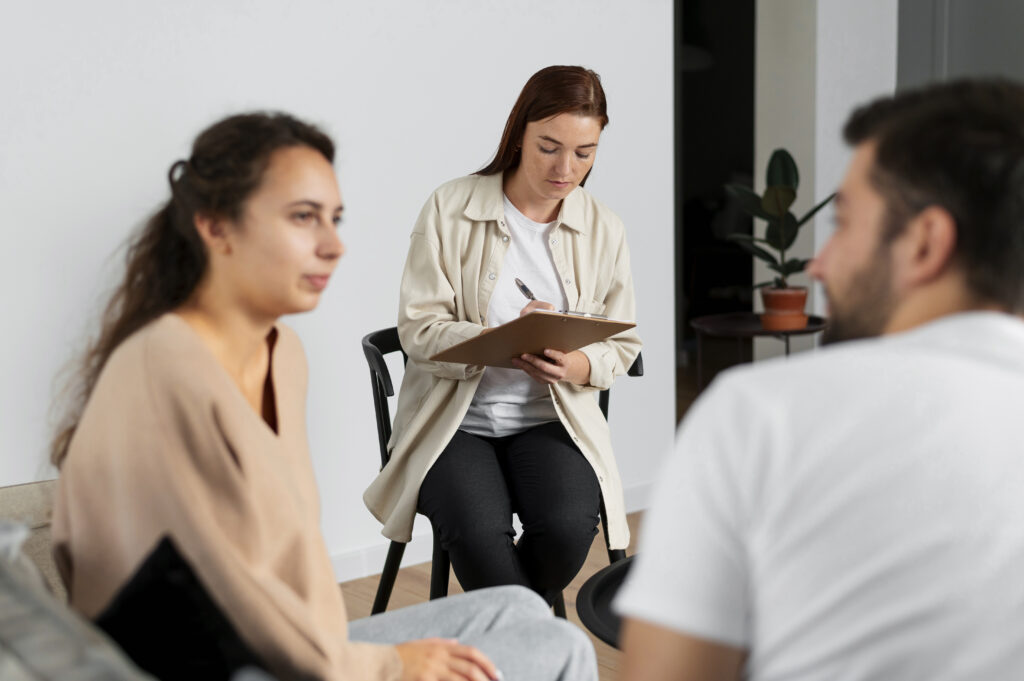
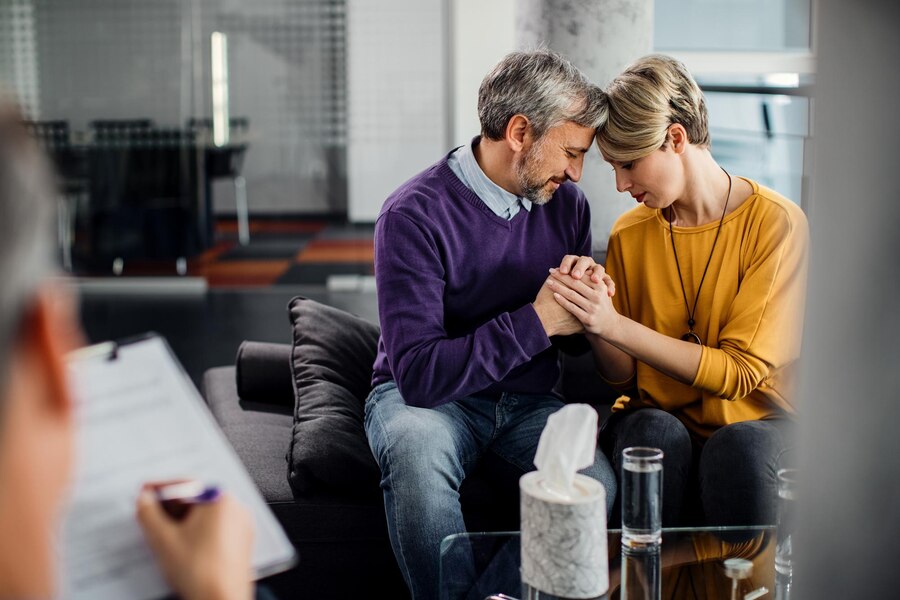
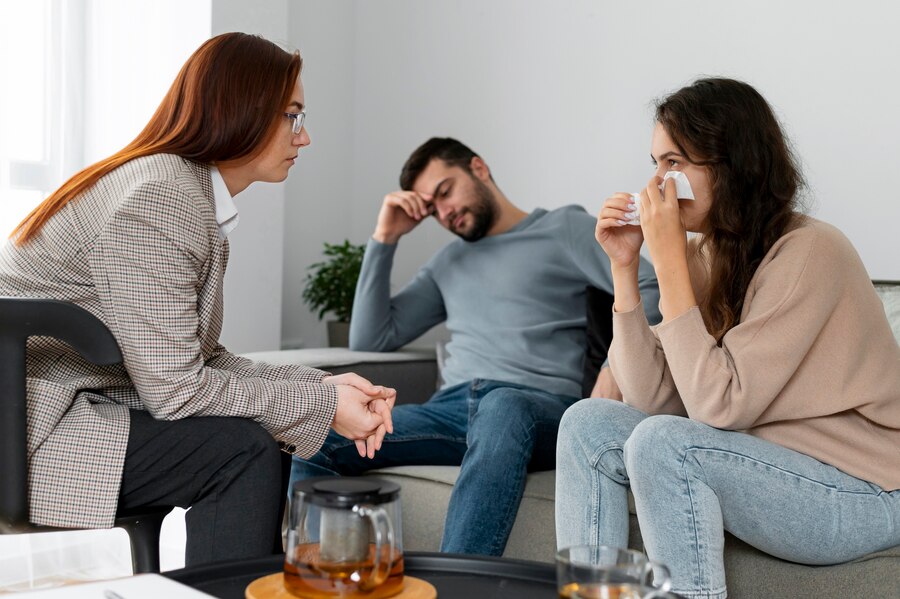
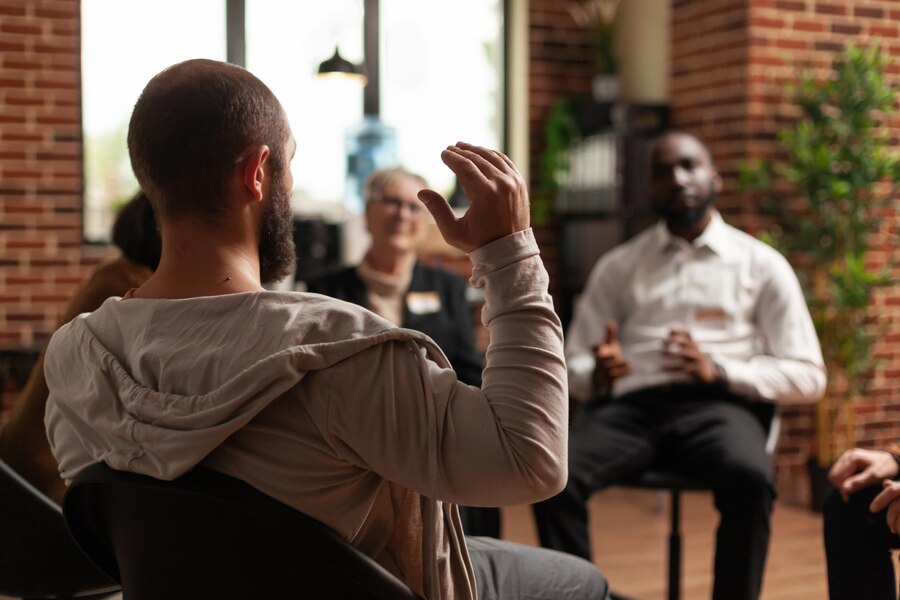
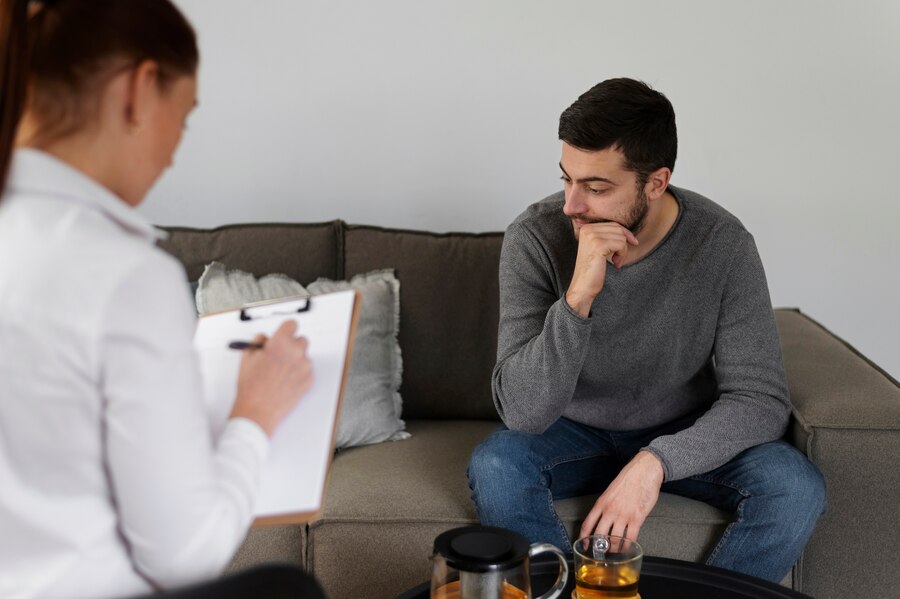
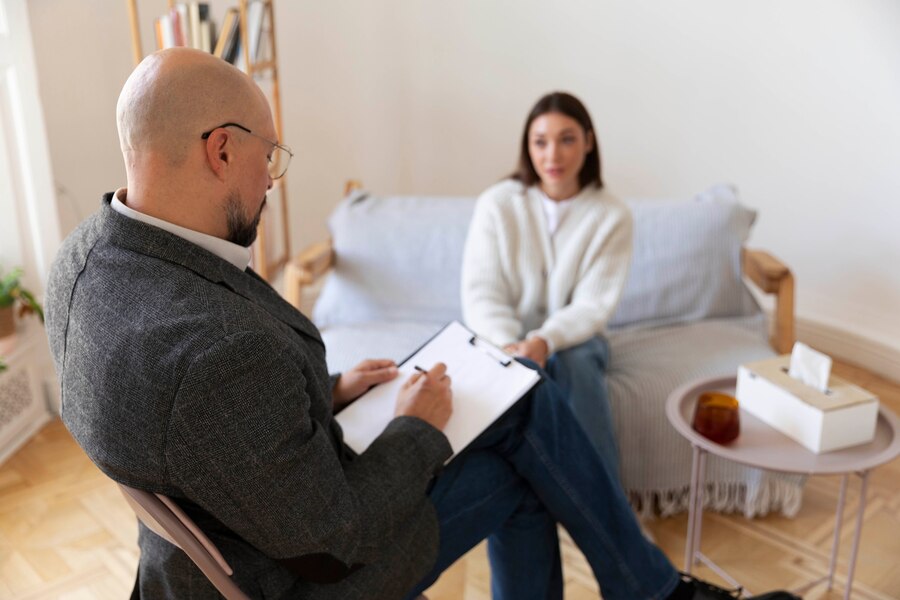
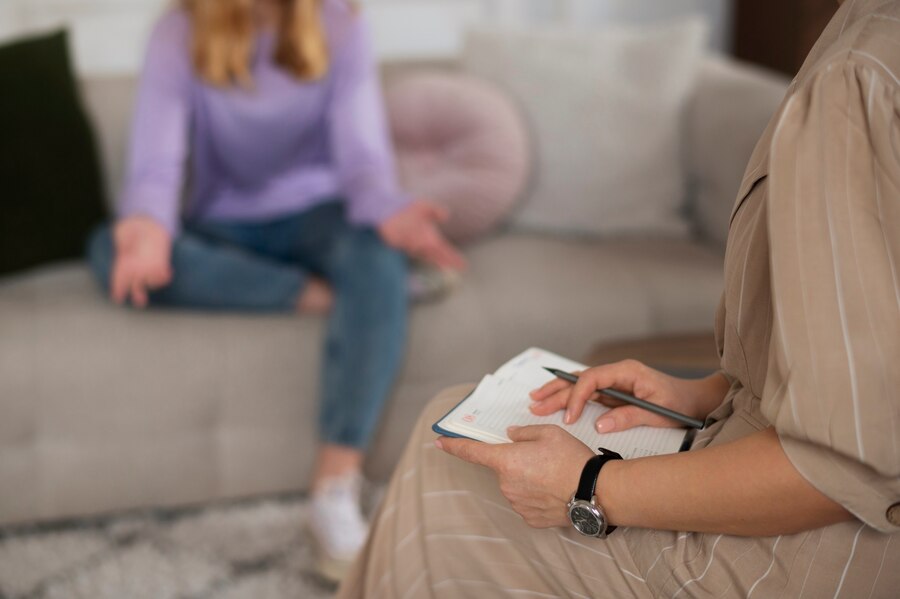

Recent Comments